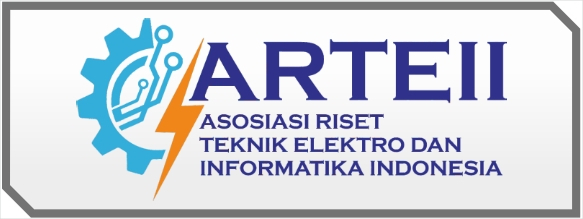Edukasi Kesehatan Mental Siswa Melalui Program Literasi Di Sekolah Kota Palopo
Abstract
Have a sense of every student wants to be a teenager growing flowers complain to note whether it is at home, schools and had become friends environment, many factors of the problems they experience provided growth from the teenagers become adults both in attitudes and think, mental health education literacy through the school aims to assist students find talent writing them to develop itself through writing to be work they have passed at the school recalls when either junior high schools, and senior high school. The methodology conducted using descriptive by approach cross sectional study in two schools SMP 2 and SMA 6.The strength and weakness of (questionnaire-SDQ) used to detect 12-17 teen age years. In the 50 follow every classroom is a representative from OSIS and the head of the teacher. The results of the assistance that was carried out for 1 month showed that students' interests and talents could be elicited by involving collaboration with private parties who were holding a national book writing competition for the Nyalanesia team which then facilitated schools and students in the field of literacy so that they could explain in detail the results of students' writing to be published in the form of a book with an ISBN
References
Soeroso, S. (2016). Masalah kesehatan remaja. Sari Pediatri, 3(3), 189-97.
Barlow, D. H., Craske, M. G., Cerny, J. A., & Klosko, J. S. (1989). Behavioral treatment of panic disorder. Behavior therapy, 20(2), 261-282.
Craske, M. G., & Tsao, J. C. (2005). Assessment and treatment of nocturnal panic attacks. Sleep medicine reviews, 9(3), 173-184.
Pratama, A. P., Widyorini, E., & Hastuti, L. W. (2012). Penerapan Cognitive-Behavioural Therapy untuk Menurunkan Gejala-Gejala Generalized Anxiety Disorder pada Remaja. PREDIKSI, 1(2), 229.
Hayati, S. A., & Tohari, S. (2022). Cognitive Behavioral Therapy (CBT) dalam Menurunkan Social Anxiety Disorder (SAD) dan Obsessive Compulsive Disorder (OCD) Pada Remaja. Bulletin of Counseling and Psychotherapy, 4(2), 153-159.
Nuryana, Z., Suroyo, A., Nurcahyati, I., Setiawan, F., & Rahman, A. (2020). Literation Movement for Leading Schools: Best Practice and Leadership Power. International Journal of Evaluation and Research in Education, 9(1), 227-233.
Arifin, S. (2021). Desain Kurikulum Pendidikan Tinggi Sesuai dengan KKNI & SN-Dikti Dengan Pendekatan OBE di Era Industri 4.0.
Ayuningtyas, D., & Rayhani, M. (2018). Analisis situasi kesehatan mental pada masyarakat di Indonesia dan strategi penanggulangannya. Jurnal Ilmu Kesehatan Masyarakat, 9(1), 1-10.
Idham, A. F., Rahayu, P., As-Sahih, A. A., Muhiddin, S., & Sumantri, M. A. (2019). Trend literasi kesehatan mental. Analitika: Jurnal Magister Psikologi UMA, 11(1), 12-20.
Oktaviana, M., & Wimbarti, S. (2014). Validasi klinik strenghts and difficulties questionnaire (SDQ) sebagai instrumen skrining gangguan tingkah laku. Jurnal Psikologi, 41(1), 101-114.
Jaliil, I. A., Dewi, Y. I.,& Wahyuni, S. (2020). Mekanisme koping dan prestasi belajar mahasiswa yang ikut dan yang tidak ikut organisasi. Jurnal Ilmiah Ners Indonesia, 1(1), 58-70.













